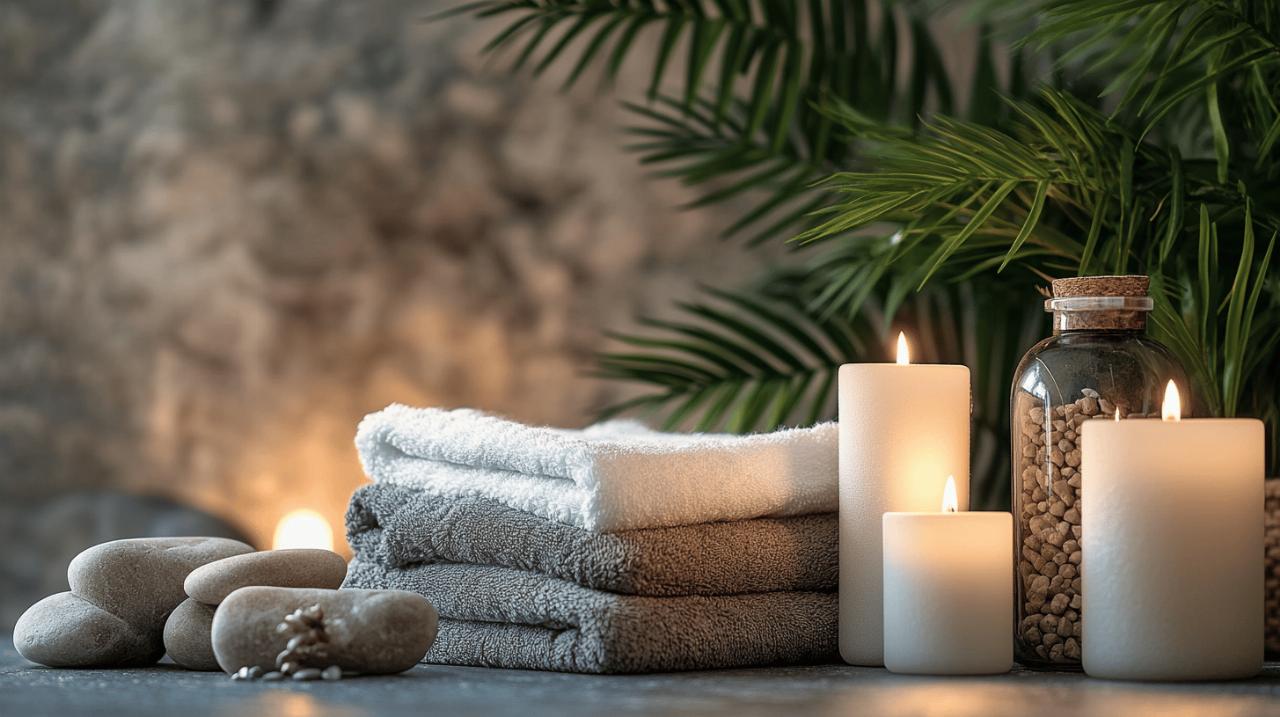Your gut health plays a significant role in your skin's appearance, creating what experts call the gut-skin axis. This connection means that what you eat can directly impact your complexion, from its clarity to its radiance. By understanding this relationship, you can make strategic wellness choices that transform your skin from the inside out, leading to a naturally glowing appearance without relying on excessive products.
Nutrition practices that transform your skin
The food you consume daily builds the foundation for healthy skin. Focusing on gut-friendly nutrition helps reduce inflammation throughout your body, balances hormones that affect skin health, and supports your skin's natural barrier function. When your microbiome is balanced, your skin reflects this internal harmony with improved texture, tone, and resilience against environmental stressors.
Skin-boosting foods that heal from within
Incorporating specific foods into your diet can dramatically improve your skin's appearance. Start by adding probiotic-rich fermented foods like yogurt, kefir, sauerkraut, and kimchi to support your gut microbiome. Pair these with prebiotic foods such as garlic, onions, leeks, and asparagus that feed beneficial bacteria. Anti-inflammatory omega-3 fatty acids found in fatty fish help calm skin irritation while fiber-rich foods support digestion. Bone broth delivers concentrated collagen, amino acids, and minerals that become building blocks for skin repair. Many people also enhance their nutrition with targeted supplements like collagen peptides for elasticity, vitamin C for brightness, and zinc for wound healing. You can learn more about how these nutrition strategies affect skin clarity on monkeygarden.com for specialized guidance on creating a personalized gut-skin nutrition plan.
Hydration strategies for dewy, plump skin
Water forms the foundation of skin hydration, affecting everything from cellular function to nutrient delivery. Aim to drink about half your body weight in ounces daily—this simple practice helps flush toxins while maintaining skin's moisture balance. Beyond plain water, hydrating foods like cucumbers, watermelon, and celery contribute to your daily intake. For enhanced benefits, consider adding antioxidant-rich green tea or hydrating herbal infusions to your routine. The NHS recommends 6-8 cups of fluid daily for optimal digestive health, which directly translates to improved skin appearance. When combined with moisturizing skincare products, internal hydration creates a powerful strategy for maintaining that coveted dewy look. You can find customized hydration plans based on your skin type visit monkeygarden.com which offers personalized recommendations based on your unique needs.
Lifestyle modifications for glowing complexion
The gut-skin axis represents a profound biological connection that significantly impacts your skin's appearance and health. This relationship between gut microbiome and skin reflects how internal wellness manifests externally. Modern research confirms that addressing gut health can transform your complexion, reducing inflammation and supporting skin barrier function naturally.
Adopting a holistic approach to beauty means nourishing your body from within while maintaining external skincare practices. Gut-friendly nutrition serves as a foundation for radiant skin, with both probiotics and prebiotics playing crucial roles in maintaining microbial balance. This balance directly influences inflammatory responses that can trigger conditions like acne, eczema, and psoriasis.
Stress management techniques for clearer skin
Chronic stress elevates cortisol levels, triggering inflammation throughout the body, including the skin. This can worsen existing skin conditions and accelerate aging processes. Implementing daily mindfulness practices creates measurable improvements in skin clarity and texture.
Meditation serves as a powerful tool for skin health by reducing cortisol production. Even brief 5-10 minute sessions can calm inflammatory responses that manifest as skin reactivity. Regular exercise similarly benefits skin health by improving circulation, delivering oxygen and nutrients to skin cells while helping regulate hormones like insulin and androgens that influence oil production.
Yoga combines physical movement with breathwork, creating dual benefits for skin health. The gentle stretching enhances blood flow while controlled breathing activates the parasympathetic nervous system, countering stress effects on your complexion. Many practitioners report reduced breakouts and more balanced skin tone after establishing consistent yoga routines.
Time in nature offers another effective stress-reduction strategy. Studies show that forest bathing or simply spending time outdoors lowers stress markers while supporting vitamin D production, which plays an essential role in skin cell growth and repair. Building these practices into your weekly routine creates cumulative benefits for both gut and skin health.
Sleep quality optimization for cellular repair
Quality sleep represents a non-negotiable aspect of skin health, with most adults requiring 7-9 hours nightly for optimal cellular repair. During deep sleep phases, growth hormone production increases, accelerating skin cell regeneration and collagen synthesis. Poor sleep directly correlates with increased skin aging markers and reduced barrier function.
Creating an environment conducive to restorative sleep begins with maintaining consistent sleep-wake cycles that align with your body's natural circadian rhythm. This regularity helps optimize melatonin production, which serves not only as a sleep regulator but also as a potent antioxidant protecting skin cells from oxidative damage.
Blue light exposure from screens interferes with melatonin production and disrupts sleep quality. Implementing a digital sunset by avoiding screens 1-2 hours before bedtime or using blue light blocking glasses can significantly improve sleep depth, allowing more time in restorative stages when skin repair occurs most actively.
Your sleeping position affects skin health as well. Side and stomach sleeping can create compression wrinkles over time, while back sleeping minimizes facial pressure. Using silk pillowcases reduces friction and moisture loss compared to cotton, supporting skin hydration throughout the night. These seemingly small adjustments compound to enhance overnight repair processes.
Nutritional choices impact sleep quality and subsequent skin repair. Magnesium-rich foods like leafy greens, nuts, and seeds support sleep onset and maintenance while providing minerals essential for skin barrier function. Similarly, tryptophan-containing foods promote serotonin production, which converts to melatonin, creating a biological pathway supporting both sleep quality and skin renewal.





